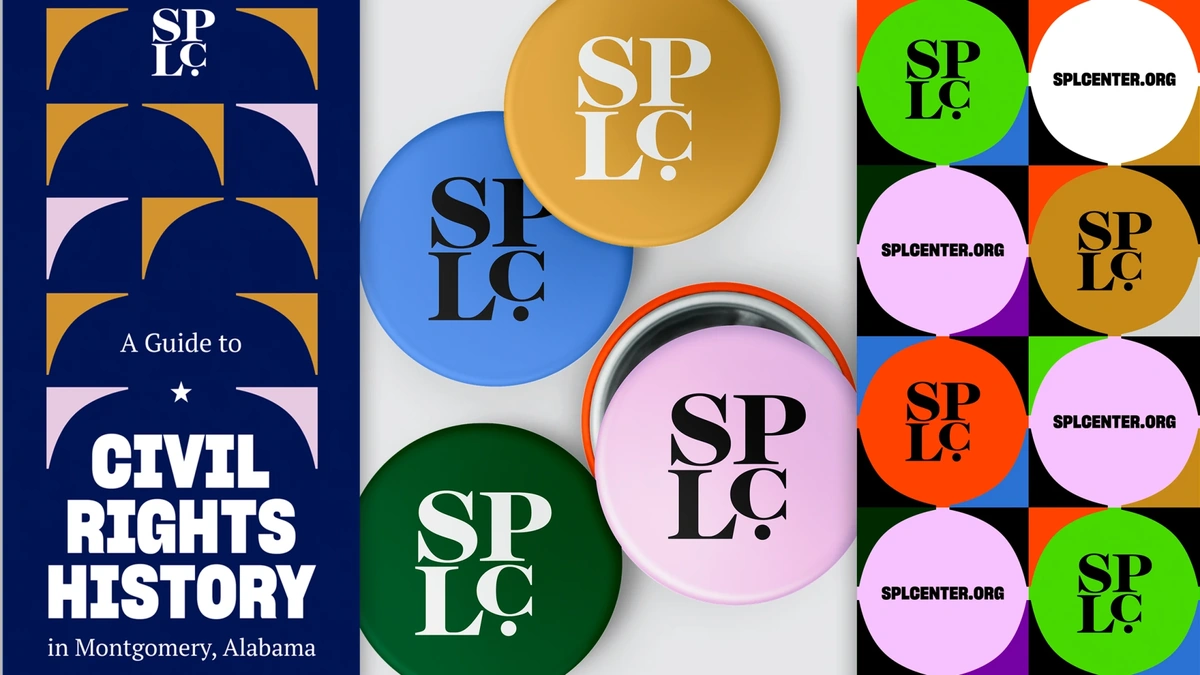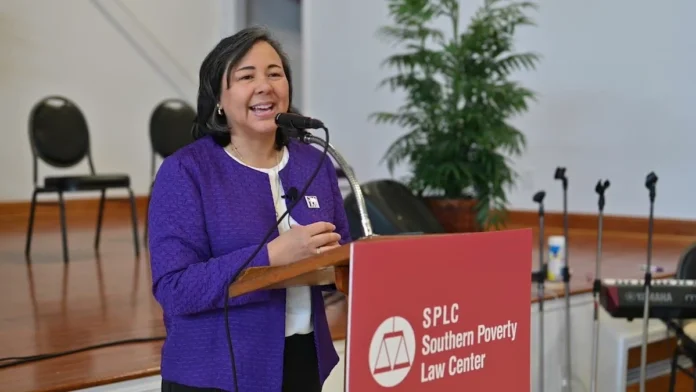The Southern Poverty Law Center (SPLC) . You’ve probably heard of it. Maybe you’ve seen their “hate map.” But here’s the thing: the SPLC is way more complex, and honestly, more interesting than a simple list of groups they deem hateful. It’s become something of a household name, but understanding why it exists, its influence, and the controversies surrounding it is crucial – especially now. And that’s what we’re going to dive into.
What Exactly Is the SPLC, Anyway?

At its core, the SPLC is a civil rights organization. Founded in 1971, its initial mission was to ensure that the promises of the Civil Rights Movement became a reality for all. They used litigation – suing hate groups and fighting discrimination in court – as their primary weapon. And they had some significant victories. Think about that for a second: a group of lawyers intentionally taking on cases that many others would shy away from.
But, the thing is, they’ve evolved. And that’s where things get a little… complicated.
The “Hate Map” | A Closer Look (and Why It’s Controversial)
The SPLC is perhaps most famous (or infamous, depending on who you ask) for its “hate map,” which purports to list organizations they identify as hate groups. You can view the map here . This is where much of the controversy stems from. The criteria the SPLC uses to designate a group as a “hate group” are often debated, with critics arguing that they are too broad and that the SPLC sometimes targets groups for their political or ideological views, rather than actual acts of violence or incitement to violence.
For instance, some conservative and Christian organizations have found themselves on the list, leading to accusations of bias. It’s a tricky area. Free speech is a cornerstone of American society, and drawing the line between protected speech and hate speech is rarely easy. I initially thought it was straightforward, but then I realized how subjective this could get. The SPLC argues they are simply identifying groups that promote bigotry and discrimination, regardless of their political affiliation.
And, of course, there’s the impact of being labeled a “hate group.” It can have serious consequences for an organization, from reputational damage to being deplatformed by social media companies. So, the stakes are high.
Why the SPLC Matters (Regardless of Your Opinion)
Here’s the thing: even if you disagree with the SPLC’s methods or specific designations, it’s undeniable that the organization plays a significant role in shaping the public discourse around civil rights and hate groups. The SPLC’s research and reports are widely cited by journalists, academics, and policymakers. They also provide educational resources and training programs aimed at combating hate and promoting tolerance. Their work has undeniably increased awareness of hate groups and their activities in the United States, though it is also important to recognize their critics.
The SPLC’s influence extends to the legal arena as well. Their lawsuits have helped to dismantle hate groups and secure judgments against individuals and organizations engaged in discriminatory practices. They’ve been instrumental in bankrupting some very nasty actors. Check out some additional resources here .
The Future of the SPLC | Navigating a Polarized Landscape
Let’s be honest, the SPLC is operating in an increasingly polarized environment. The rise of social media has made it easier for hate groups to spread their messages and recruit new members. At the same time, concerns about free speech and the potential for censorship are growing. The SPLC’s challenge is to continue its mission of fighting hate and discrimination while navigating these complex and often conflicting pressures.
The SPLC is also grappling with internal issues, including allegations of workplace misconduct and concerns about its leadership. These issues have raised questions about the organization’s culture and its commitment to its own stated values. According to the latest reporting, it’s something they are actively working to address. The SPLC provides legal assistance in civil rights cases and monitors extremist groups .
What fascinates me is the sheer power a single organization can wield in shaping public opinion and influencing policy. The SPLC isn’t just a passive observer; it’s an active participant in the ongoing struggle for equality and justice. And that, in itself, is worthy of careful consideration.
SPLC’s Role in Combating Hate
The SPLC actively engages in educational initiatives. These programs aim to foster tolerance and understanding among diverse groups, focusing on teaching the importance of diversity and inclusion. Another crucial aspect of the SPLC’s work is its advocacy for civil rights . They actively lobby for legislation that protects marginalized groups and promotes equality. Their work also focuses on racial justice and advocating for changes in policies and systems that perpetuate discrimination.
The SPLC plays a role in social justice causes through its support and advocacy efforts. They work towards creating a more equitable and just society for all individuals, regardless of their background or identity. As part of their efforts to combat hate, the SPLC provides training for law enforcement agencies to recognize and address hate crimes effectively.
I initially thought the SPLC’s role was just about identifying hate groups, but then I realized they’re also proactive in preventing and addressing discrimination through various channels.
FAQ | Your Burning Questions About the SPLC Answered
What if I disagree with the SPLC’s designation of a group as a “hate group”?
That’s perfectly valid. The SPLC’s designations are often debated, and it’s important to do your own research and form your own opinion.
Does the SPLC only focus on far-right extremist groups?
No, the SPLC monitors a range of extremist groups, including those on the far-left.
Is the SPLC a government agency?
No, the SPLC is a private, non-profit organization.
Where can I learn more about the SPLC’s work?
Visit their official website: splcenter.org
Has the SPLC ever made mistakes in its hate group designations?
Yes, the SPLC has acknowledged making mistakes in the past and has taken steps to improve its research and reporting. Read additional articles here.
So, the next time you hear about the SPLC, remember it’s not just about a map. It’s about a complex organization with a long history, a controversial methodology, and an undeniable impact on the fight for civil rights. And that’s something worth understanding. Hate crimes and incidents of discrimination continue to happen.

